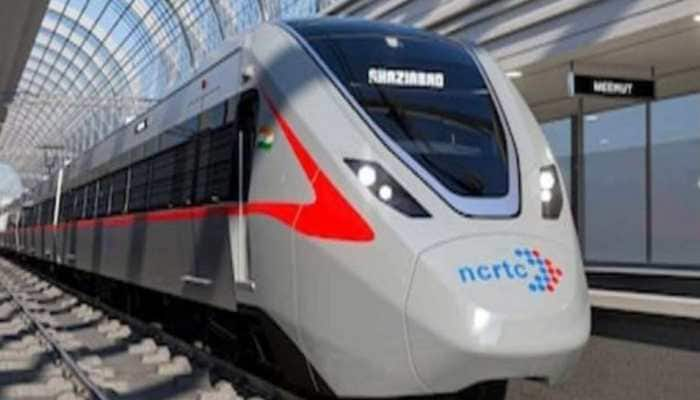Supreme Court to examine validity of EWS reservations in higher education and employment
In the case involving the constitutionality of the Economically Weaker Section's reservations in higher education and concerns about public employment based on financial circumstances, the Supreme Court has stated that it will begin the final hearing on September 13.
- On September 13, SC to examine the validity of the EWS reservation
- The constitutional validity of the 103rd Amendment Act, 2019 enables the state to make reservations
- A five-judge bench headed by Chief Justice UU Lalit said that the Janhit Abhiyan case will be the lead matter now
Trending Photos
) Image Credit: File Photo
Image Credit: File Photo New Delhi: The Supreme Court on Tuesday said that it would begin on September 13 the final hearing in the matter relating to the Constitutional validity of reservations of the Economically Weaker Section (EWS) in higher education and issues of public employment based on financial conditions. The constitutional validity of the 103rd Amendment Act, 2019 which enabled the State to make reservations in higher education and matters of public employment based on economic criteria alone will be the first matter to be examined by a five-judge bench, led by the Chief Justice of India UU Lalit.
A five-judge bench headed by Chief Justice UU Lalit said that the Janhit Abhiyan case will be the lead matter now.
Janhit Abhiyan`s matter is relating to the challenging of the constitutional validity of the 103rd Amendment Act, 2019 which enabled the State to make reservations in higher education and matters of public employment based on economic criteria alone.
Moreover, the Janhit matter will be heard together with a case filed by the Andhra Pradesh government against the High Court`s decision of quashing its decision of granting reservations in education and public service for the entire Muslim population of the State in 2005.
The court has listed both the matters for September 6 for directions and said that the final hearing will begin on September 13. Meanwhile, the court has appointed Shadab Farasat, Kanu Agarwal and two others as nodal counsels to see common compilation.
The court said that common compilation should have relevant submissions and case compilations. The court also clarified that it should contain only an index of citations along with para and page numbers to make references to books. The court said that the arguing counsels to submit written submissions not exceeding three pages along with time.
All counsels are of the unanimous view that additional time is given to figure out the total time that will be taken to argue the cases. Shadab Farasat, Mahfooz Nazki, Kanu Agarwal and Nachiketa Joshi are appointed as nodal counsels.
Stay informed on all the latest news, real-time breaking news updates, and follow all the important headlines in india news and world News on Zee News.
Live Tv







)
)
)
)
)
)
)
)
)
)
